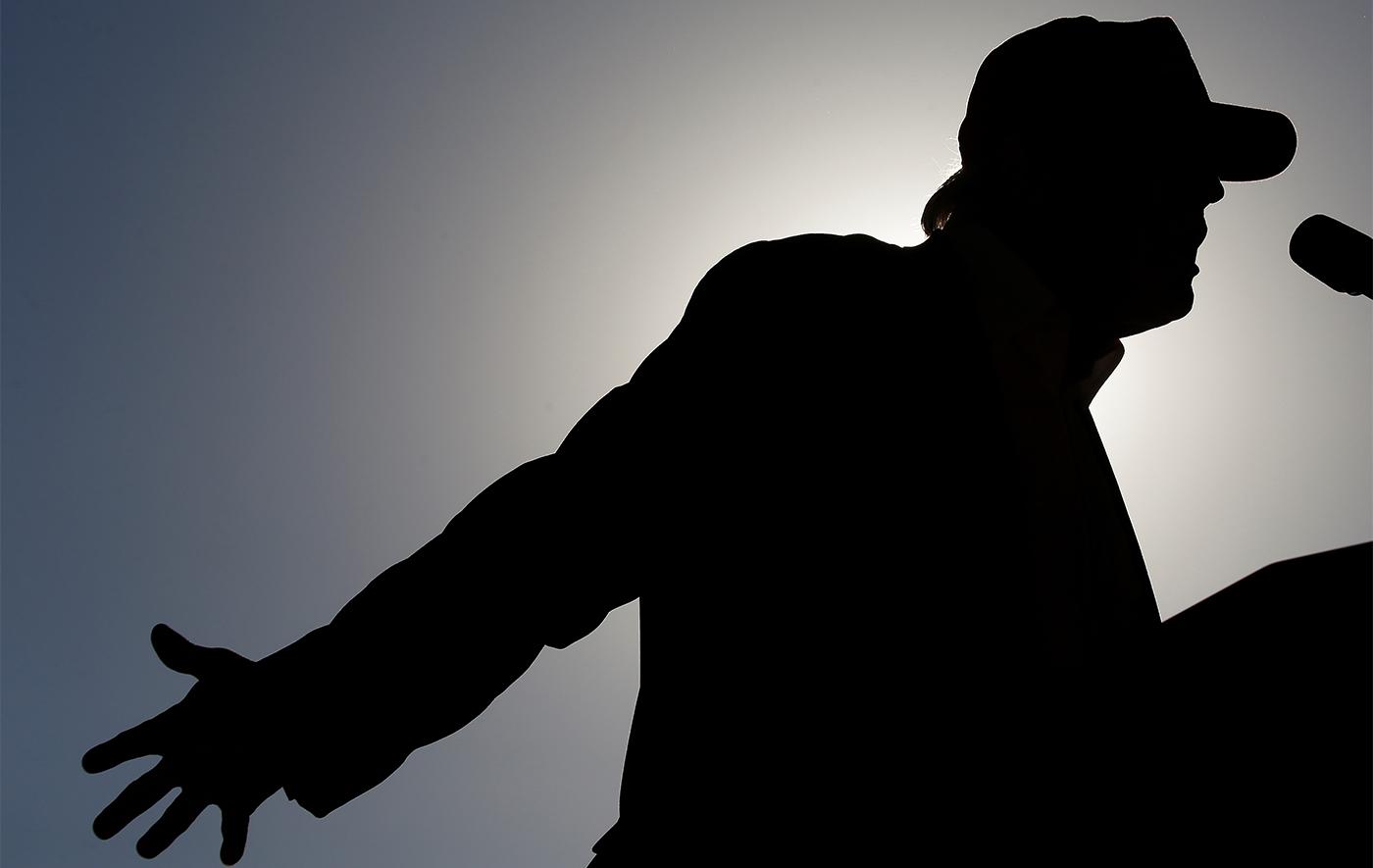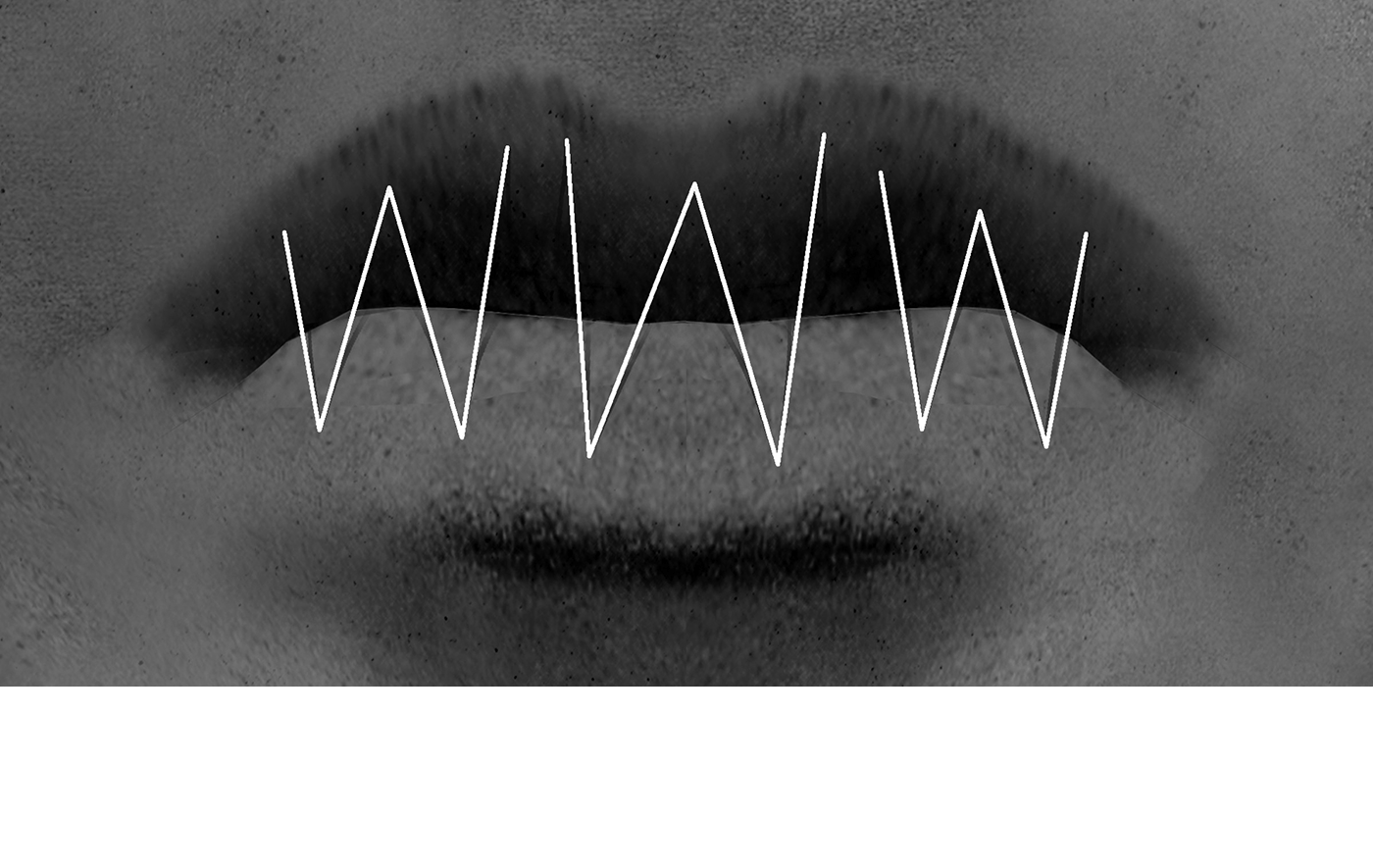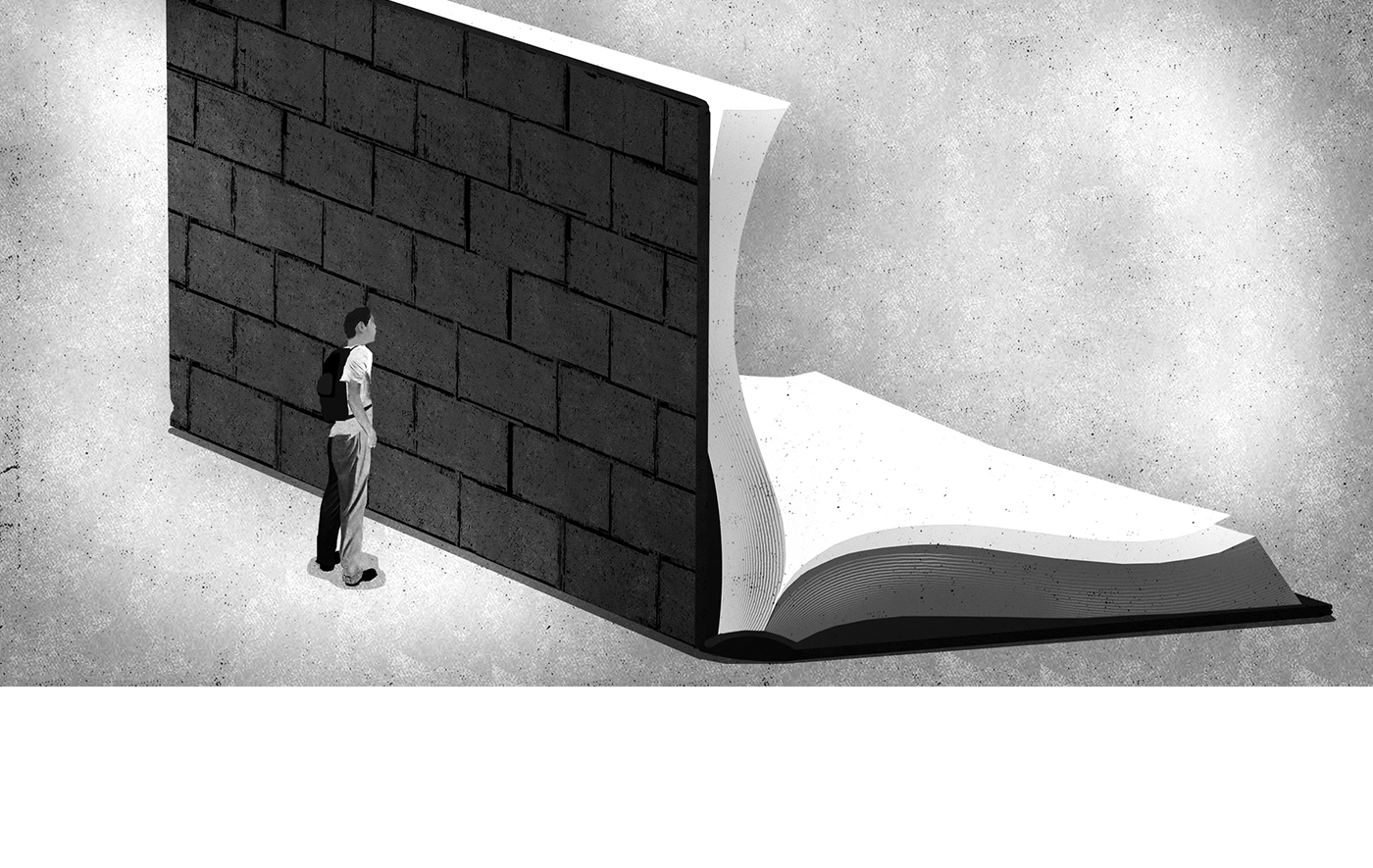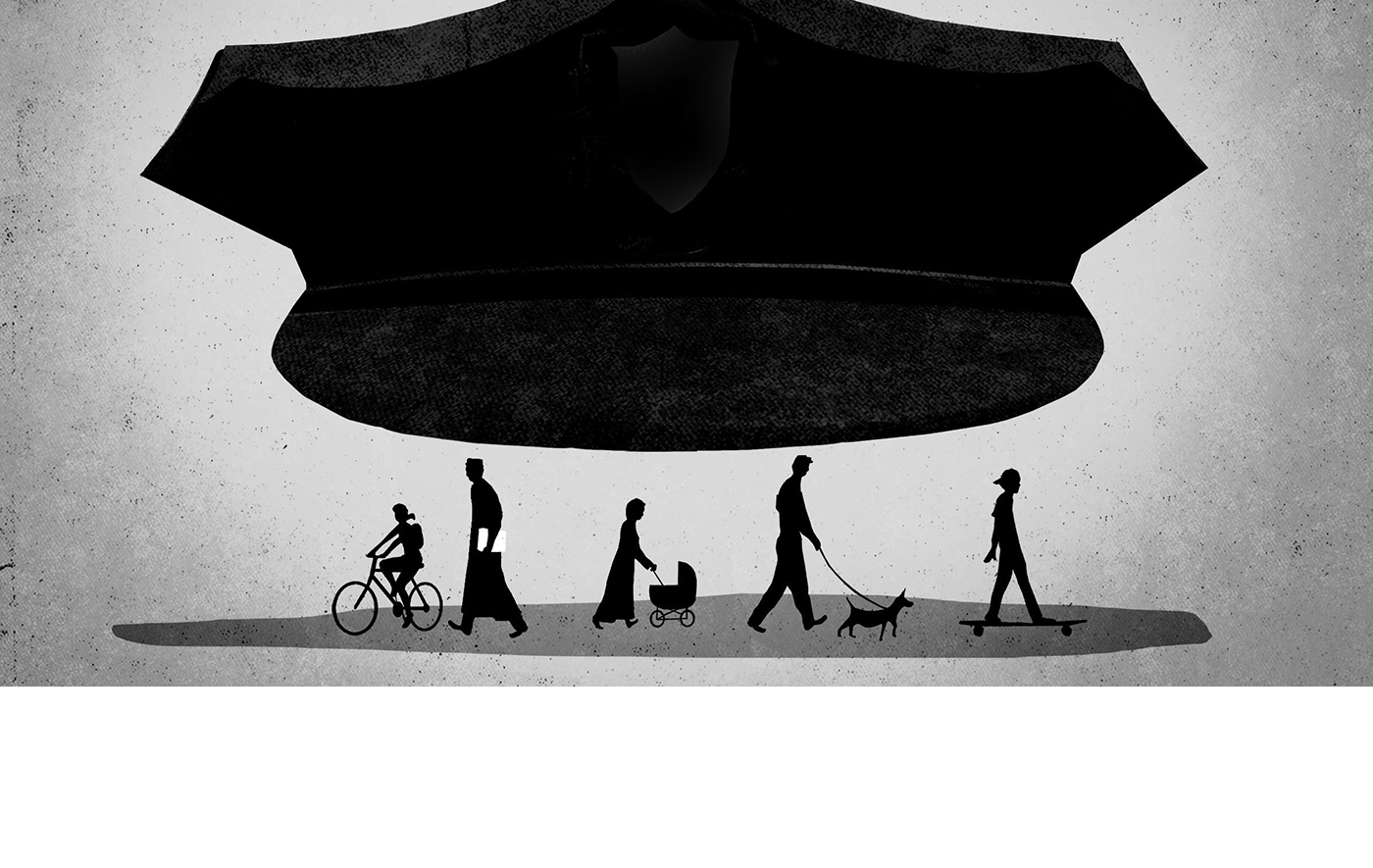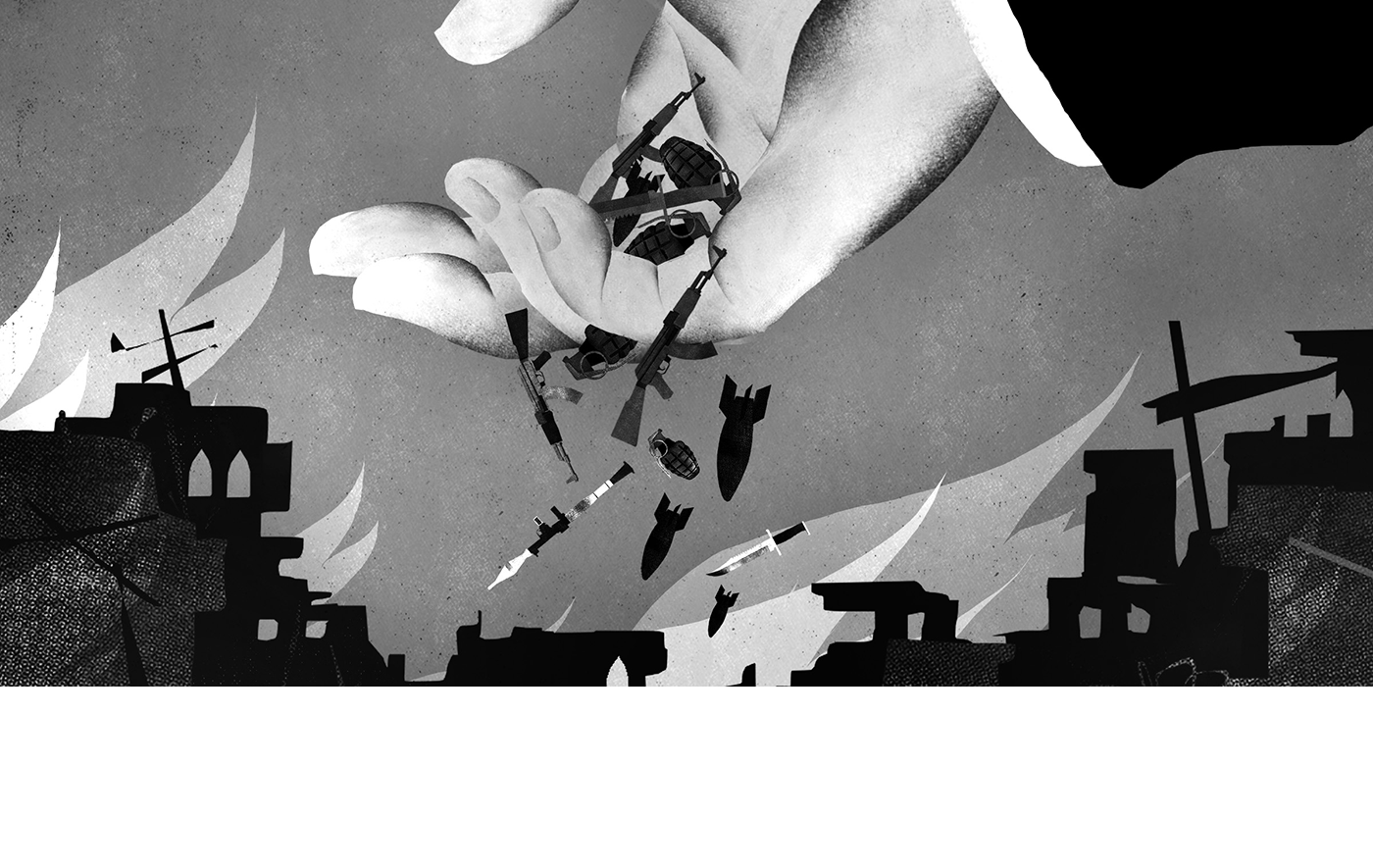In February, the government expanded the list of safe third countries for asylum seekers. Nationals from countries deemed safe are presumed not to need international protection and are subject to accelerated procedures, raising concerns about the quality of individual examination of asylum claims. In September 2016, the country’s highest administrative court affirmed the legality of Albania’s designation as a safe country of origin.
The Dutch government continued to offer support that is limited in duration and scope to rejected asylum seekers, with assistance contingent on their cooperation with removal from the country. In February, several UN special rapporteurs urged the Dutch government to provide emergency assistance to rejected asylum seekers.
Refugee rights groups criticized Dutch authorities over longer waits for asylum determinations and family reunification procedures.
At the start of 2016, NGOs reported threats and discrimination against LGBT asylum seekers at asylum facilities, and a Dutch independent monitoring body, the Dutch Board for Protection of Human Rights, found in February that LGBT asylum seekers at a large facility face discrimination.
In May, the Netherlands enacted a law allowing authorities to strip Dutch citizenship from dual nationals as young as 16 if they determine that they have joined or fought abroad with a terrorist group and pose an “immediate threat” to national security. No court conviction is required. Those whose Dutch citizenship is revoked have only four weeks to appeal.
In January, the Netherlands ratified the UN Convention on the Rights of Persons with Disabilities.
